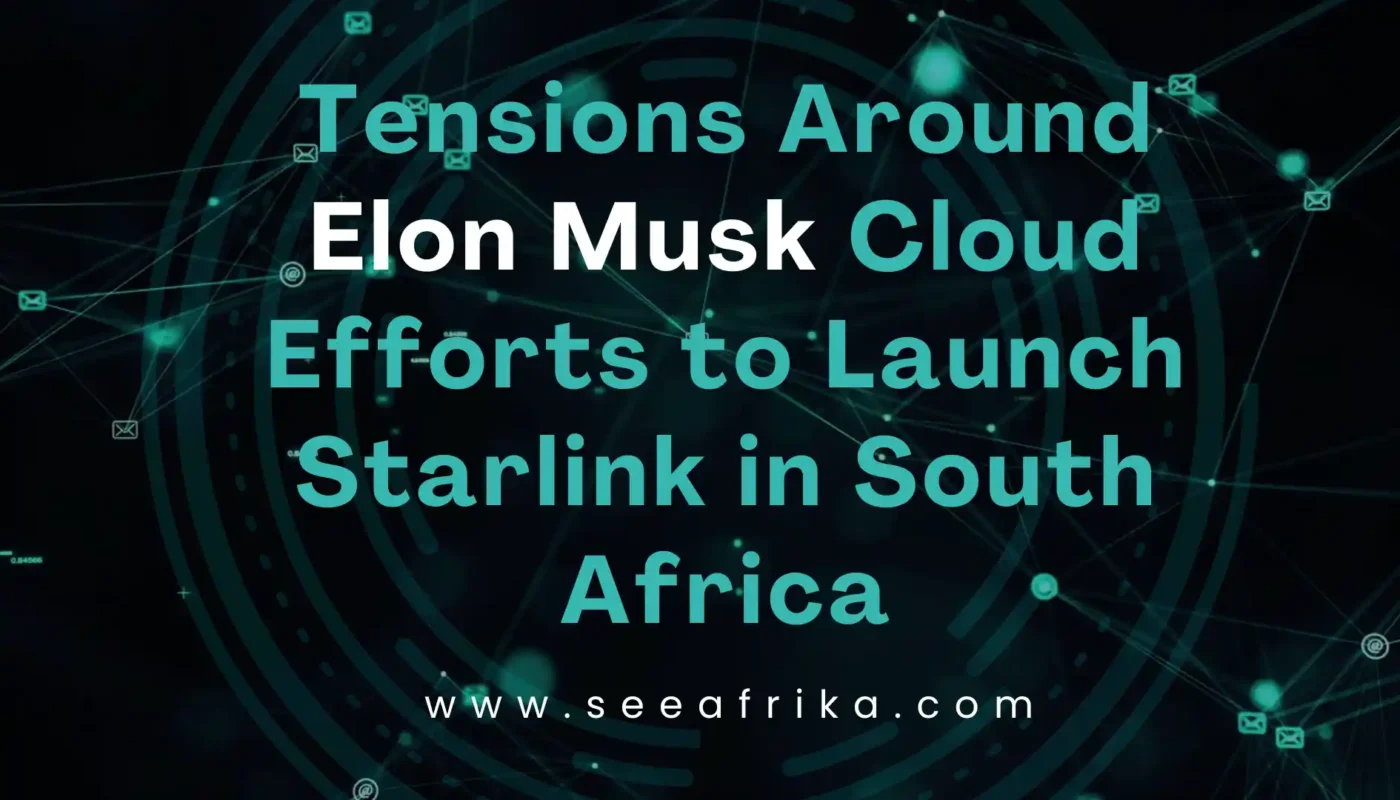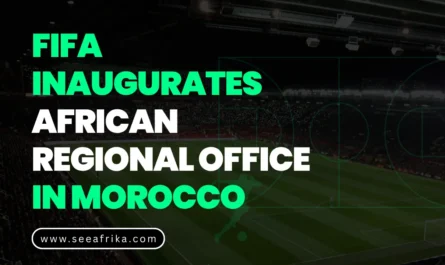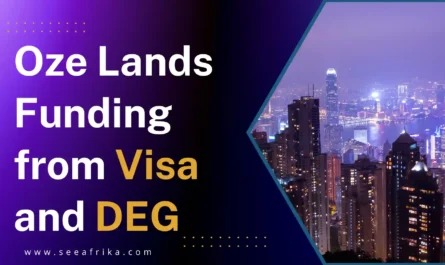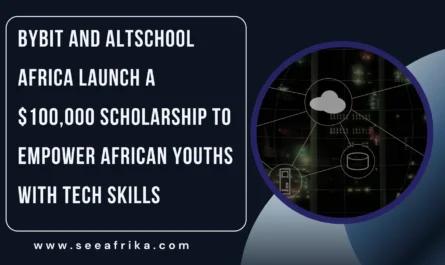Efforts to bring Elon Musk’s Starlink satellite internet service to South Africa have hit significant roadblocks. Regulatory hurdles, accusations of favouritism, and political tensions have created a complex environment for the company’s launch in Africa’s most advanced economy.
While Starlink continues to expand across the continent, its entry into South Africa remains uncertain.
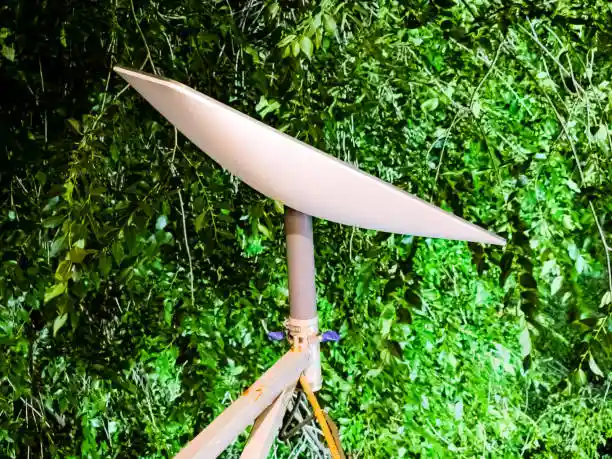
Starlink in South Africa: Regulatory Barriers
South Africa’s telecommunications regulations require that at least 30% of any communications service provider be owned by historically disadvantaged groups. This Broad-Based Black Economic Empowerment (B-BBEE) policy aims to address racial inequalities from the apartheid era but has proven a stumbling block for Starlink.
SpaceX, Starlink’s parent company, has openly criticized this requirement, arguing that its global policies prohibit local shareholding, making compliance impossible.
In response, SpaceX proposed equity-equivalent programs as an alternative. These programs would allow companies to invest in marginalized communities instead of transferring ownership stakes.
South Africa’s Communications Minister, Solly Malatsi, has supported this idea and announced plans to issue a directive easing the ownership requirement. However, critics argue that such changes undermine the country’s transformation goals.
Related news:
Political Controversy and Musk’s Criticism
Elon Musk, born in South Africa but now a U.S. citizen, has publicly criticized the South African government. He claimed that Starlink was barred from operating in the country because he is “not Black,” sparking outrage among government officials. Musk also described South Africa’s ownership laws as “racist,” further intensifying debates over the B-BBEE framework.
The controversy escalated when former U.S. President Donald Trump and Musk accused South Africa’s government of targeting white farmers through land reform policies. These statements added international pressure on South African authorities and strained diplomatic relations between the two countries.
Starlink Withdraws from Regulatory Hearings
In February 2025, SpaceX withdrew from regulatory hearings organized by the Independent Communications Authority of South Africa (ICASA). The company had been invited to present its case for entering the market but failed to attend scheduled sessions. This withdrawal signaled a growing rift between SpaceX and South African regulators.
ICASA aimed to establish a licensing framework for international satellite operators but has yet to address SpaceX’s concerns publicly. Critics argue that the country’s rigid ownership policies deter foreign investment and stifle competition.
Starlink’s Expansion Across Africa
While Starlink faces challenges in South Africa, it continues to expand across the continent. Since its African debut in Nigeria in January 2023, Starlink has launched services in 18 other countries, including Namibia, Botswana, Kenya, Ghana, and Zimbabwe. Recent additions like Liberia and Niger highlight its rapid growth.
Starlink promises faster internet speeds and broader connectivity in regions where traditional broadband services are limited or expensive. However, regulatory hurdles similar to those in South Africa have slowed its rollout in some nations.
Implications for South Africa’s Digital Future
The debate over Starlink in South Africa raises questions about balancing foreign investment with local empowerment goals. Proponents argue that easing regulations could attract more international companies and improve internet access for underserved communities. Critics warn that bypassing ownership requirements risks undermining efforts to redress historical injustices.
President Cyril Ramaphosa has expressed interest in fostering investments from Musk’s companies but faces political resistance at home. Talks between Ramaphosa and Musk have stalled amid accusations of misinformation and strained U.S.-South African relations under Trump’s administration.
What Lies Ahead for Starlink in South Africa?
The future of Starlink in South Africa remains uncertain. Minister Malatsi’s proposed directive must undergo public consultations before it can be implemented. Meanwhile, tensions between Musk and the South African government show no signs of abating.
As Starlink continues its African expansion, its struggle in South Africa highlights broader challenges faced by multinational tech companies navigating local regulations and socio-political dynamics. Whether these tensions can be resolved will determine if Starlink can finally bring its satellite internet service to one of Africa’s largest markets.
If you enjoy our content, you’ll love the amazing stories we share on Facebook, Telegram, and Twitter!
Subscribe and follow us for more premium SeeAfrika content.

